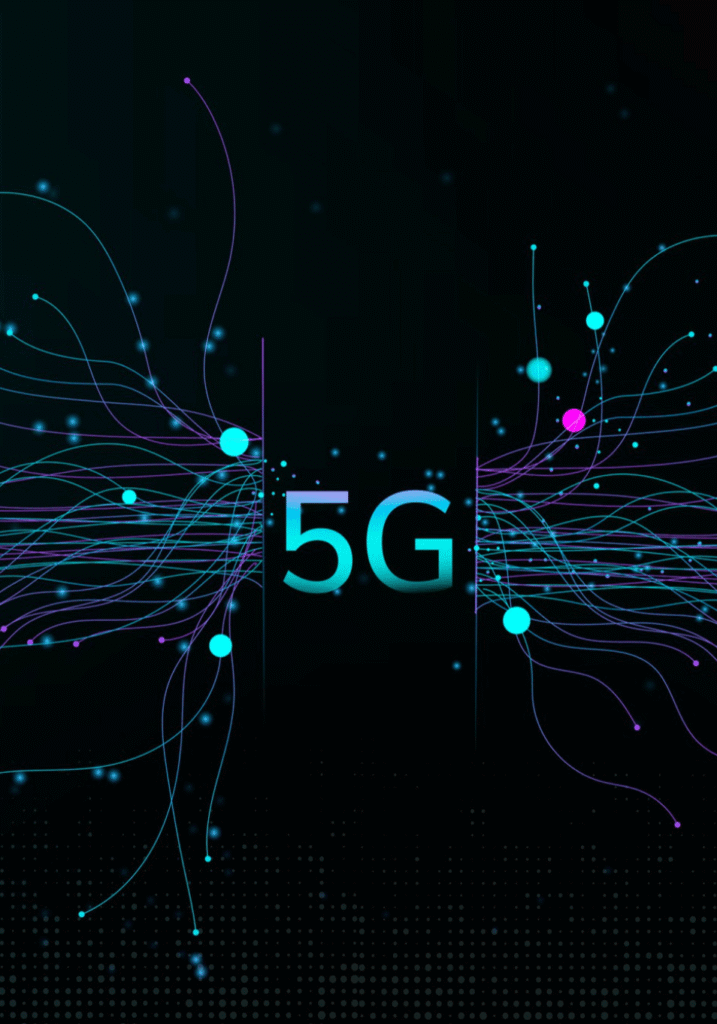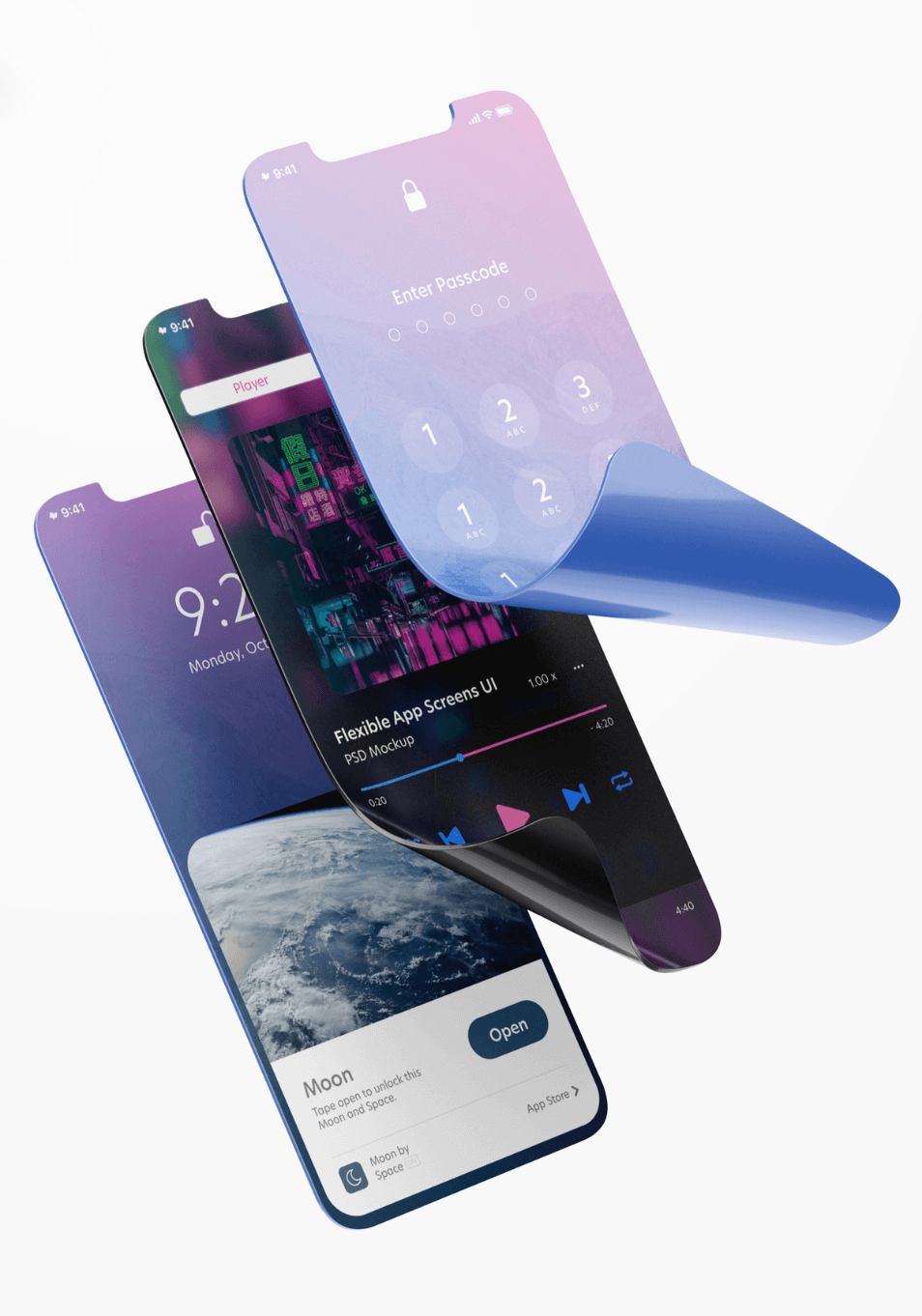Table of Contents
Lightning-Fast Speeds and Improved Performance
One of the most significant advantages of 5G technology is its ability to deliver ultra-fast data speeds, up to 100 times faster than 4G networks. This leap in speed will allow mobile apps to perform much more efficiently, with faster load times and seamless real-time data transfer. For example, gaming apps and streaming services will benefit from the ability to deliver high-quality content without buffering or lag, creating a more engaging user experience.
With 5G, developers can build more complex, feature-rich apps without worrying about the performance bottlenecks that were common with 4G. From e-commerce to video conferencing, every mobile app sector stands to benefit from the speed boost provided by 5G.
Low Latency for Real-Time Interactions
Another game-changing feature of 5G is low latency, which will drastically reduce the delay in data transmission. Latency refers to the time it takes for data to travel from one point to another. In 4G networks, latency can reach up to 50 milliseconds, while 5G promises to bring this down to as little as 1 millisecond.
This near-instantaneous communication opens up new possibilities for real-time applications like augmented reality (AR), virtual reality (VR), and IoT (Internet of Things) devices. Imagine an AR app that delivers real-time interactive experiences without delays, or a mobile app that controls smart devices with immediate responses. With 5G, such experiences become possible, enabling developers to create more engaging and responsive applications.

Enhanced AR and VR Experiences
Augmented Reality (AR) and Virtual Reality (VR) apps have already gained significant traction, but 5G technology will unlock their full potential. The increased bandwidth and low latency of 5G will allow AR and VR apps to deliver immersive, real-time experiences without compromising on quality.
For example, AR apps used in retail can provide real-time product visualization, where users can interact with 3D models of products seamlessly. In the gaming sector, VR games will become more lifelike with smooth interactions and high-definition graphics. 5G’s speed and responsiveness will also enable AR and VR applications to function effectively in cloud-based environments, reducing the need for heavy local processing power.
Boosting IoT Connectivity and Smart Devices
The Internet of Things (IoT) is another field that will benefit greatly from the introduction of 5G. As more devices become interconnected, the demand for a network that can handle a massive influx of data grows. 5G’s increased capacity and low latency make it the ideal solution for IoT ecosystems, enabling seamless communication between smart devices, sensors, and mobile apps.
Mobile app developers will be able to create apps that connect with multiple devices in real-time, such as smart home systems, wearable devices, and healthcare monitors. For businesses in the IoT sector, 5G represents a huge opportunity to improve device functionality and user interaction through apps.
Cloud-Based Mobile Apps and Gaming
As 5G reduces latency and boosts speed, the reliance on cloud-based applications will increase. Developers can take advantage of 5G’s infrastructure to build apps that offload heavy data processing to the cloud, reducing the burden on mobile devices. This will be especially important for apps that require large amounts of data storage or high processing power, such as cloud gaming, data analytics, and AI-powered applications.
For instance, cloud gaming platforms like Google Stadia and Microsoft xCloud will see improved performance with 5G, as users will experience near-instant game loading and real-time interactions without requiring high-end hardware.
More Efficient Battery Usage
While 5G is expected to provide faster speeds and better performance, it is also designed to be more energy-efficient. Mobile apps running on 5G networks will consume less power during data transfers, leading to better battery life for mobile devices. This is particularly important for IoT devices and apps that rely on constant connectivity, such as wearables, health monitors, and smart home gadgets.
For developers, this means they can create apps that remain connected for longer periods without negatively impacting device battery life, improving overall user satisfaction.
Conclusion: 5G’s Transformational Impact on Mobile App Development
The future of mobile app development is bright with the advent of 5G technology. Its lightning-fast speeds, low latency, and enhanced capacity are opening doors for more advanced, innovative, and immersive mobile apps across various industries. From real-time interactions and AR/VR experiences to improved IoT functionality and cloud-based services, 5G will shape the future of mobile app development, allowing developers to create more powerful and engaging apps than ever before.
Businesses and developers who adapt early to 5G will gain a competitive advantage, delivering cutting-edge apps that leverage the full potential of this next-generation technology.



